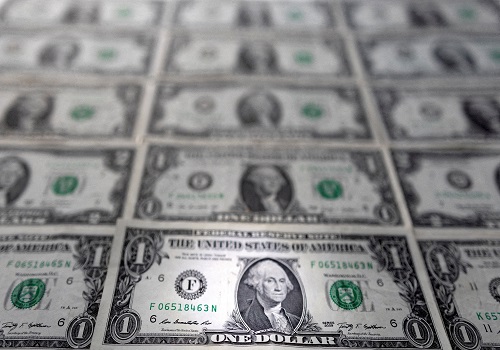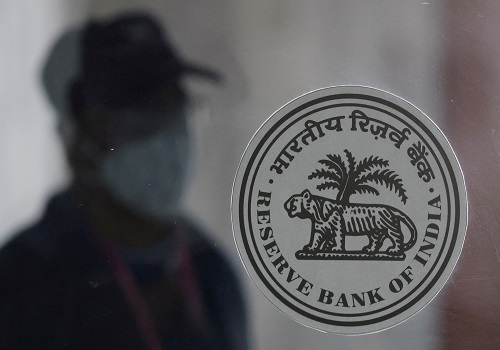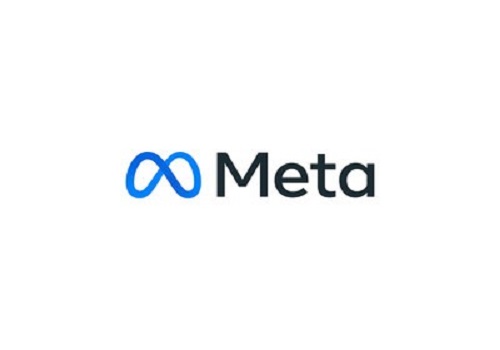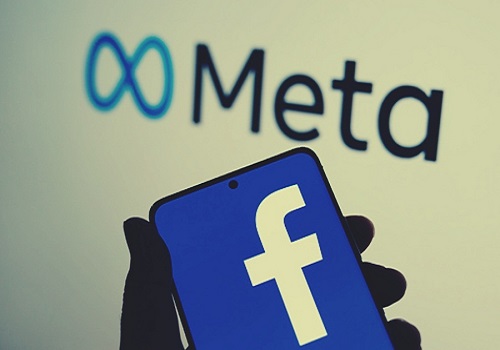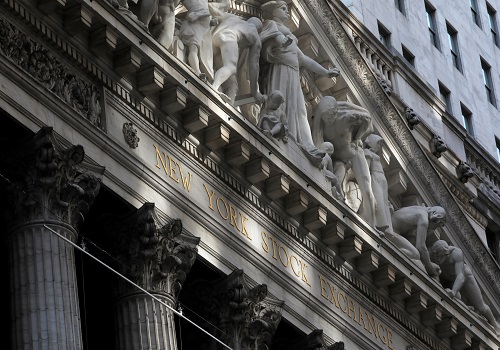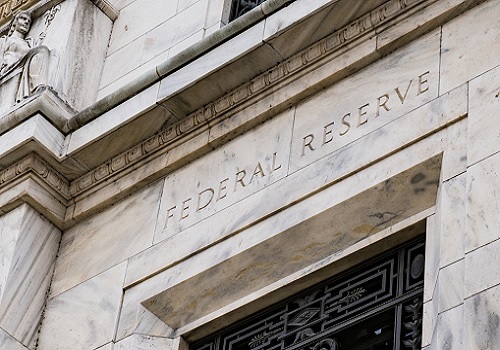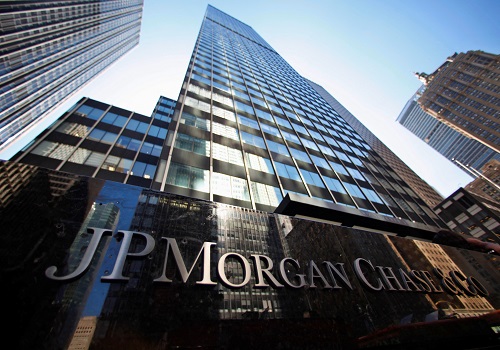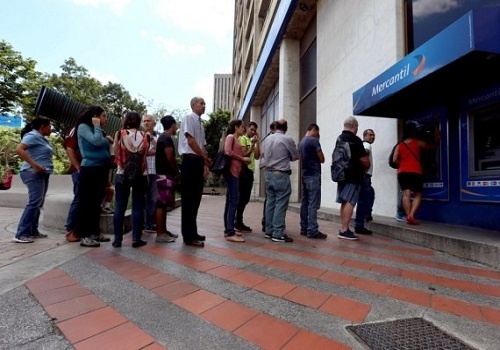Facebook may have vastly overpaid in data privacy settlement - court filing
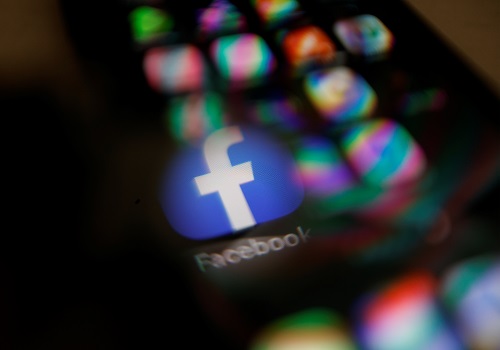
Follow us Now on Telegram ! Get daily 10 - 12 important updates on Business, Finance and Investment. Join our Telegram Channel
Facebook Inc may have paid $4.9 billion more than the maximum penalty it faced under a settlement agreement with regulators related to allegations it mishandled user privacy, according to a Wednesday court ruling.
The information made public by a Delaware judge who gleaned it from a "white paper" prepared by a law firm advising Facebook's board of directors as they debated a proposed $5 billion settlement with the Federal Trade Commission. That agreement also protected Chief Executive Officer Mark Zuckerberg.
Vice Chancellor Joseph Slights of the Court of Chancery cited the paper by Gibson Dunn attorneys in his ruling directing Facebook to turn over documents to shareholders who are trying to determine if Facebook overpaid to protect Zuckerberg.
"The documents already produced provide no insight into why Facebook would pay more than its (apparently) maximum exposure to settle a claim," said Slights in the ruling. Shareholders, he said, were "right to question whether internal communications among Facebook fiduciaries might shed light on the Board’s thinking in this regard."
Facebook did not immediately respond to a request for comment.
The July 2019 deal resolved allegations Facebook mishandled user privacy. The company did not admit wrongdoing.
Slights said Facebook faced a maximum penalty of about $104 million, according to the Gibson Dunn paper.
The FTC did not immediately respond to an emailed request for comment.
Joel Fleming, an attorney for the Facebook shareholders, told Slights during a hearing last year that before they sue over the FTC settlement they wanted to know: "Did anyone say, 'Go ask the FTC, would you take less money if Mr. Zuckerberg is personally liable'?"
Slights refused to order the company to turn over documents that Facebook said were protected by attorney-client privilege, in part because the judge said shareholders could gain insights from non-privileged electronic communications he was ordering to be disclosed.












 320-x-100_uti_gold.jpg" alt="Advertisement">
320-x-100_uti_gold.jpg" alt="Advertisement">

